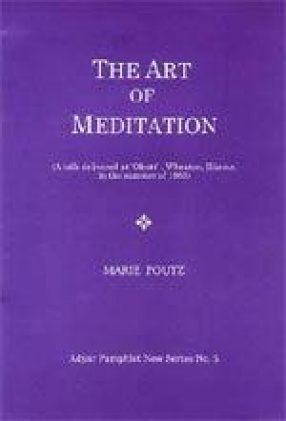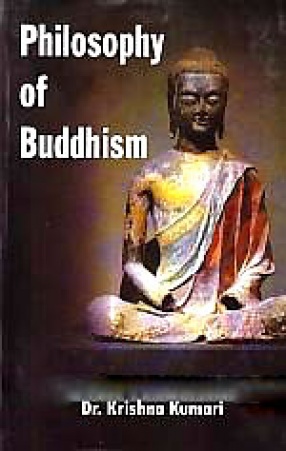People are apt to think that meditation to be successful must be accompanied by some astral phenomenon-seeing forms, colours, hearing sounds, bells, and so forth. Even some purely physical sensations-a shiver along the spine, a tingling in the finger tips-those examples have come to me, and they are hailed with delight and proclaimed on the housetops, to the dismay of those who have had no such experiences, and therefore consider their own meditations as failures. Surely, such trivial and often foolish manifestations do not constitute a successful meditation. They are rather an obstacle, because they draw the attention away from the inner realities. It is better to see and hear nothing on the psychic planes, so that the consciousness, wholly turned inwards, may reach communion with the Divine and gradually unify the personal self with the Ego consciousness. Those who say they can see no results are sometimes more successful than they imagine, for those near and dear to them seem them grow in patient understanding, in greater peace; and that is a proof that the intuitional principle, the buddhi, as we say in Theosophy, is being slowly released in meditation and is filtering down into the brain consciousness. Let us now consider a few of the requirements for successful meditation. The first is that we shall be thoroughly convinced of the creative power of thoughts. Unless we have the conviction that we are actually doing something, meditation will be a mere form. We profess to believe in the power of thought, we speak about it, we teach it, but the way we forget all about it when difficulties confront us and indulge in depressing or destructive thoughts, in worries great and small, shows that it is mere lip-belief. It reminds me of the people who go the church, or the temple, and so on, as a matter of course, singing hymns or repeating prayers, and then go back home to their ordinary and usual lives, forgetting all about it.
Philosophy of Buddhism
$59.40
$66.00





There are no reviews yet.